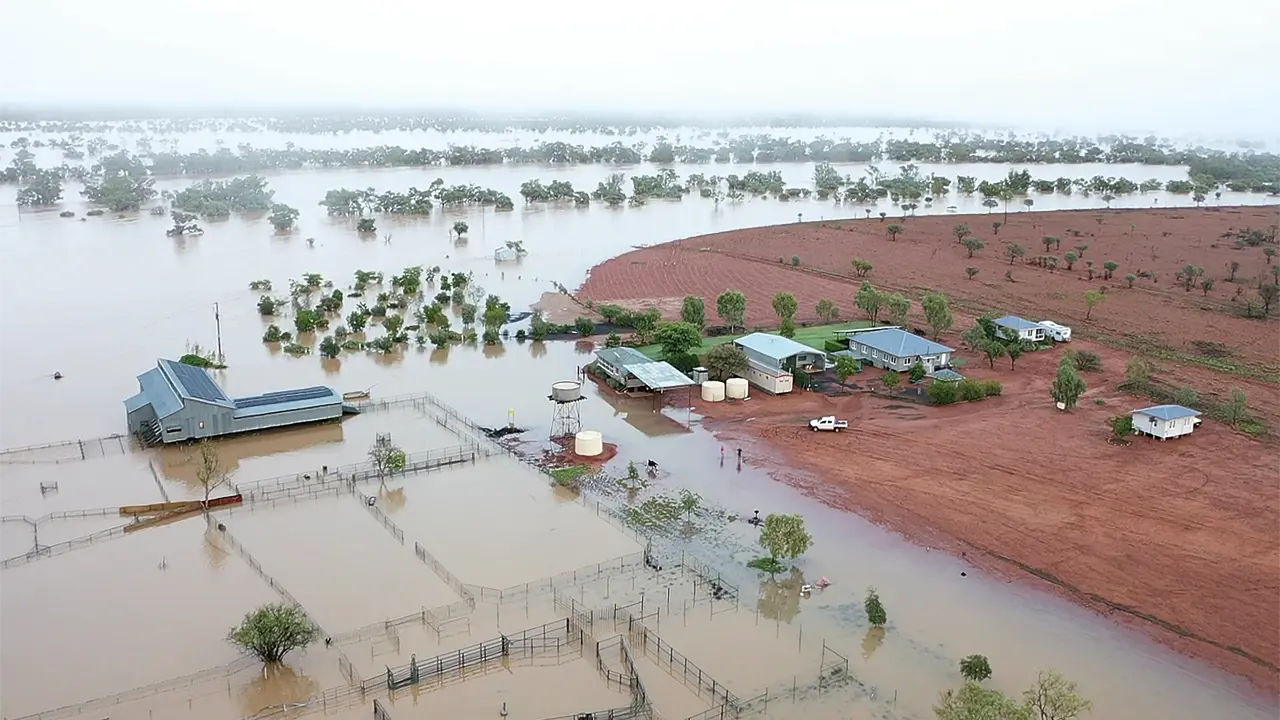Clint Bruggemann and a band of volunteers are rolling up their sleeves and pinning their hopes on a crop of watermelons destined to raise funds for children in developing countries.
Story By Janette Jenyns
It's early morning on Queensland’s Darling Downs. The liquid notes of a magpie trickle from a lemon-scented gum and the breeze carries the bouquet of freshly tilled earth. Frank Hubbard is up and about, culling weeds between rows of neatly planted melon vines. Furrows of moist Chinchilla loam and wilting weeds mark his progress across the paddock.
Frank’s new interest in life gets him out of bed early these days. A retired grazier from Augathella, Qld, he thought his days in the paddock were over, but an ambitious plan by local farmer Clint Bruggemann has him fired up with renewed enthusiasm. Frank is growing watermelons, but these are no ordinary melons – they are being sold to raise funds for children living in some of the poorest nations on earth. Frank describes himself as not much of a gardener but the melons, he says, are growing like wildfire.
This grand plan was devised by Clint, a compassionate young man who wanted to do something about the injustices suffered by children in developing countries. He’s had 10 years’ experience in assisting overseas charities; an earlier project for Clint was growing watermelons for the Christian Outreach Centre in Darwin.
“I was 22 and had never felt any real sense of achievement,” Clint says. “Sure, I’d had some fun times but I worried that I had no purpose or direction in life. Helping those less fortunate satisfied a need in me that I hadn’t recognised was there.”
On a fact-finding trip for the centre, Clint travelled to Malawi in south-east Africa to visit an orphanage for abandoned children. “What I saw there shocked me to the core,” he says. “It was more like a prison with no medical facilities, no education and no hope. I felt a moral obligation to do something to improve the lives of those children.” On returning to Chinchilla, Clint began enlisting help from his local church and together they raised $150,000 from the sale of small crops and melons. The money was used to support another children’s charity, Destiny Rescue, and to build an orphanage. The orphanage in Mozambique houses six to eight children and is staffed by a full-time ‘house mother’.
This story excerpt is from Issue #83
Outback Magazine: June/July 2012








